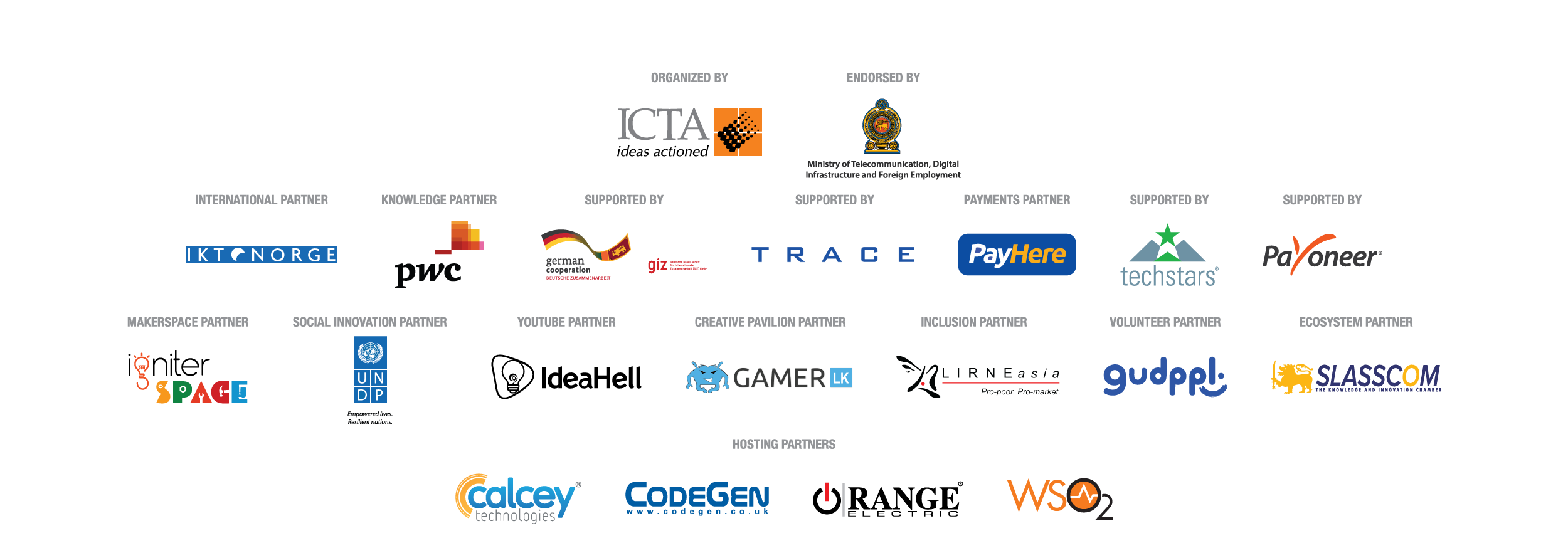1. AI usage in business and the potential, (examples such as Facebook M, the text-based virtual assistant that used human workers to train an artificial intelligence system, Chat bots with AI and Google services with AI, etc.)
2. Artificial Intelligence in the areas of Automation and Augmentation
3. What might possibly come in the future (impact it has on job market too) and what sort of supervision and regulations should come in to play.
Alan Turing developed the Turing Test in the 1950’s to test the machine's ability to exhibit intelligent behavior equivalent to, or indistinguishable from, that of a human. In 2018, Google did a public demo of Google Duplex, a system they that is being developed in which an AI will make calls to real businesses and get work done without the person on the other side of the call even knowing it was a machine talking to them.
The line between what a machine could do and what a human can do is thinning by the day. While we lose jobs to automation and AI by the day, humans are forced to find creative ways to stay relevant. But what happens when Artificial Intelligence fails? AI Apocalypse?
While all technologies built over the years past has had an alternative, artificial intelligence is a technology that does not yet seem to have an alternative. Billionaire tech entrepreneur Elon Musk famously one said “AI will be the best or the worst thing ever for humanity. So let's get it right”. The question now is, how do we get it right?





